
Sports Technology
Our sports technology advisors guide the world of sport through digital transformation and provide legal peace of mind.
We make the difference. Talk to us: 0333 004 4488 | hello@brabners.com
AuthorsCatherine Forshaw
7 min read
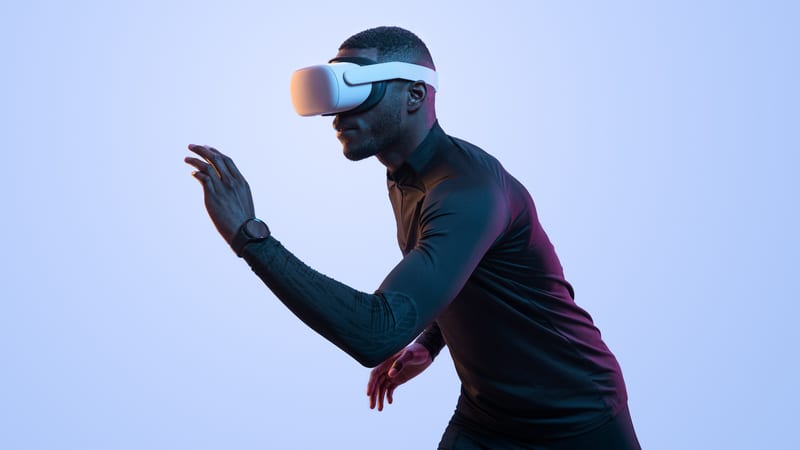
Rezzil is a fast-growing sports technology business that’s focused on bringing fans closer to the experiences of elite level athletes by enabling fans to do at home what athletes do on the training ground.
Its investors include current and former elite-level footballers like Gary Neville, Thierry Henry, Michail Antonio and Tyrone Mings — and earlier this year, the Premier League announced a four-year partnership with Rezzil to develop a virtual reality (VR) game that “will place users on the pitch… offering fans a unique opportunity to recreate iconic Premier League goals and moments”.
Our Senior Associate Catherine Forshaw caught up with Rezzil’s Co-Founder Andy Etches ahead of our State of Play sport conference — where we were joined by an exciting line-up of speakers from across the world of sport at the Etihad Stadium to discuss athlete welfare — to find out just how virtual technology is impacting the sector and how it may be increasingly used in injury prevention, treatment and recovery.
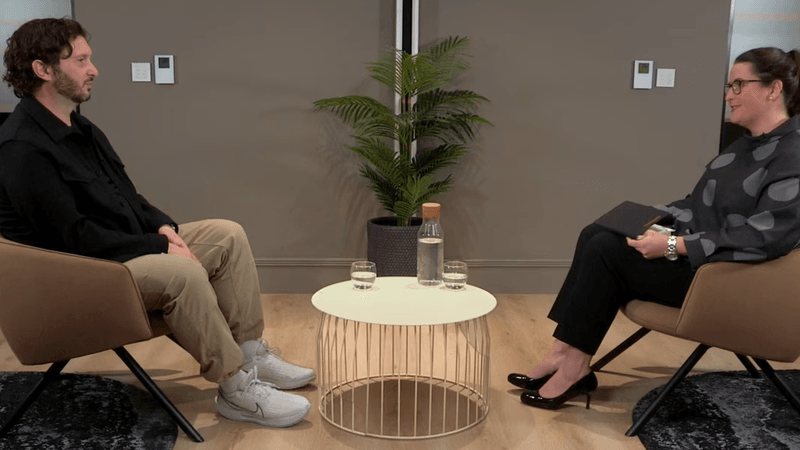
Rezzil is fortunate enough to work with a broad range of clients — from Premier League clubs to Formula 1 teams. Overseas, we even work closely with a couple of NFL teams. Our technology is for anyone — from professional sports leagues to individual athletes and even kids at home.
In the Premier League, many of our clients are players who have long-term injuries and can use our tools to help them recover. We also know that many kids who’ve used our software have picked up a ball — a real ball — for the first time after practising with a virtual one. These are two profound ways in which we can improve outcomes for both the very best and kids who are just starting to explore sports.
With this in mind, we’re seeing a decline in the number of young people who are playing real sport or engaging with sport through non-digital means. Many youngsters today will experience football for the first time through a games console — so giving them the opportunity to actually move while they’re doing that is something that we see as a really valuable part of our business. We want to get people up on their feet — get them feeling what it’s like to move, connect with the ball and score an amazing goal. This can be hard to achieve through a console.
One of the things that we see at every training ground that uses Rezzil is a leaderboard which helps to maintain connection and competition between players who may be unable to play for many, many months with certain injuries and players who are continuing to play every week. Since many of our games are mentally challenging — rather than physically demanding — injured players can participate and that helps to keep them motivated and involved with the wider group.
We’re really proud to have started a partnership with West Ham Women and would love to forge more of those partnerships in English football over the next year. Outside the UK, we have a really interesting partnership with the Georgia Initiative for Virtual Reality, Education and Sport (GIVES) program and Emory Sports Performance And Research Center (SPARC), where we’re working with a large cohort of athletes — both male and female — who are playing all kinds of sports. Rezzil’s VR technology is helping young athletes — both male and female — to train effectively and play safely while informing injury prevention and treatment.
Our technology works across both contact and non-contact sport. We’re great at engaging with any sport where you need to react to something and helping players with team sports where confidence may be an issue — whether that’s in terms of rebuilding confidence when returning from an injury or having the confidence to pick up a ball and play a team sport. The fact that our technology offers an isolated experience really helps players to build the momentum and confidence to play properly.
We tend to step in more from the recovery phase where players who have just become weight-bearing or are able to have a little bit of movement will pick up a headset and this will put them back on a football pitch. We have high-profile football players who have taken their initial steps and engaged with a ball for the first time since they’ve had a really serious and damaging injury — and this is where we tend to find the most impact and best use cases. It really does help players to build that level of confidence back up to transfer the weight again, take a swing at a ball and move around more naturally.
In this way, we believe that our technology will become complimentary to traditional rehabilitation methods — buying more time for physios and doctors to spend with other athletes who are in the same environment. It’ll give players more reason to push themselves a little bit further because it’s a competitive product.
Typically, one of the earliest exercises in the recovery phase for footballers that you’ll probably have seen is a coach throwing a ball at a player and the player volleying it back, over and over again. This can get quite boring — especially if you’re six months into the recovery process. We’re able to do this in a virtual environment that changes every time. We can also change the precise challenge or increase the difficulty and make things unpredictable. This obviously makes things much more engaging.
When it comes to concussion, we have two active studies with large groups of participants. Both are looking at different ways to work with players of all sports who’ve suffered a concussion and track whether they’re ready to return to play. We think that we’re good at predicting when a player is capable of making a return from injuries like this — which holds us in good stead to be able to work with concussion patients, so there’s a really interesting future for us in that space.
As a business, we have three different parts — one is elite performance, another is in-home gaming and then we have a data business as well. These are all complementary and have some crossover —but where we really stand out is in drawing a line between the in-home and elite, ensuring that they talk to each other. By its very nature, this makes our elite products more engaging than your typical medical products that players normally engage with during long-term recovery.
In the future, we anticipate more of a pathway between the living room and elite performance programmes. Some of the young players in our leaderboards are competing with World Cup winners and Formula 1 drivers from the age of 11. They may not know it, since our elite athletes are competing under pseudonyms — but we’re able to compare and see that potential. There’s definitely a way for us to identify future talents using these methods.
Our sports technology experts work side-by-side with elite sports clubs, national governing bodies, international federations and large sports intermediaries, as well as major sports tech businesses like Rezzil, to deliver effective digital transformation — providing the legal peace of mind to support bold initiatives and lasting change.
Talk to us by giving us a call, sending us an email or completing our contact form below.
Catherine Forshaw
Catherine is a Senior Associate in our sports law team and leads our focuses on rugby and women in sport.
Read more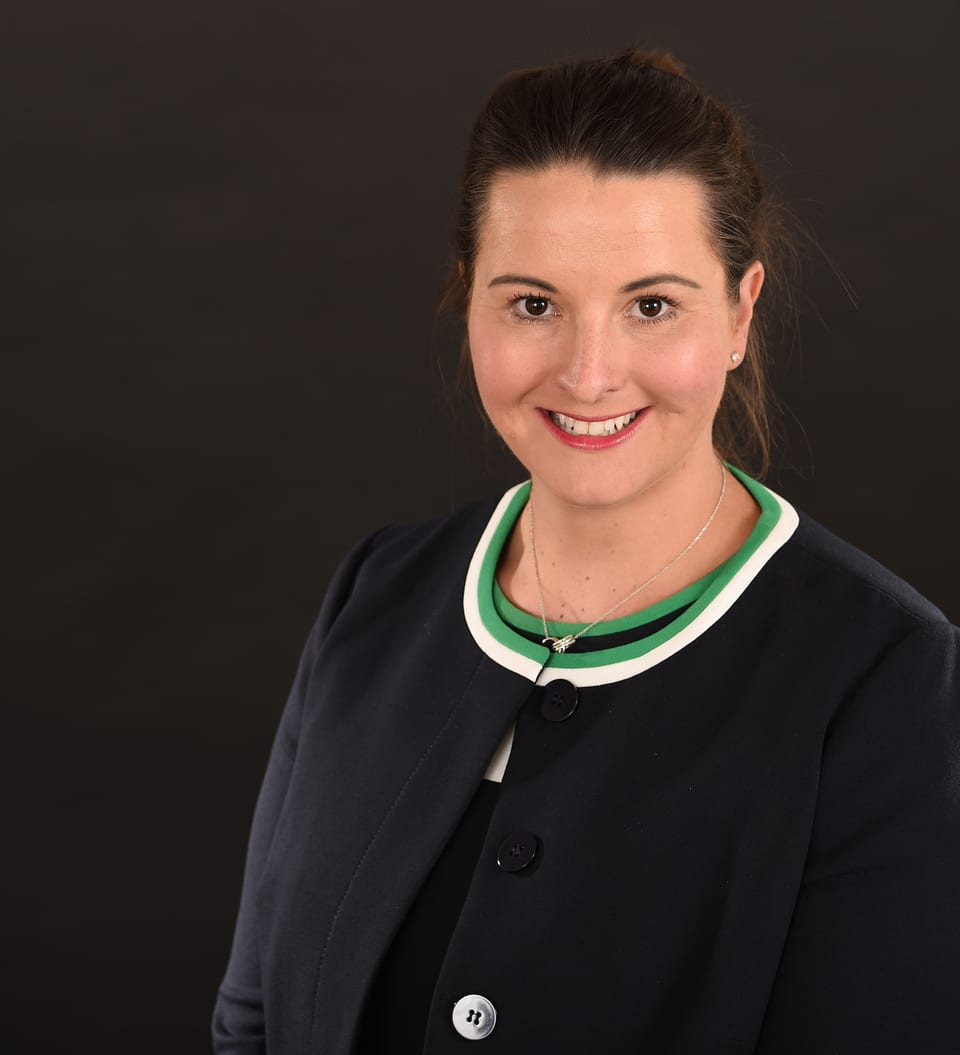
Loading form...
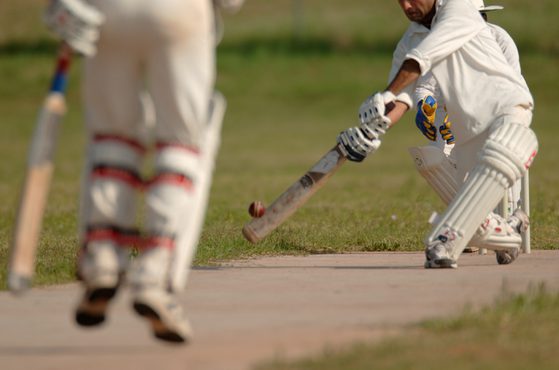
2025 could well be remembered as the ‘end of the beginning’ for The Hundred.
Read more
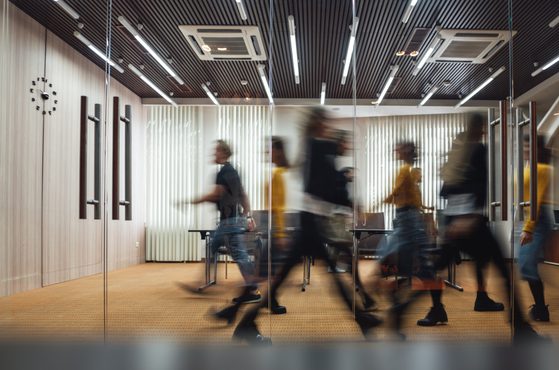
We outline what you need to know about the UKIPO's proposed fee increases across patents, trade marks and designs.
Read more

We explain the impact of the cyber-attack on JLR's workforce and outline what to do to protect your business and minimise the impact if an incident occurs.
Read more